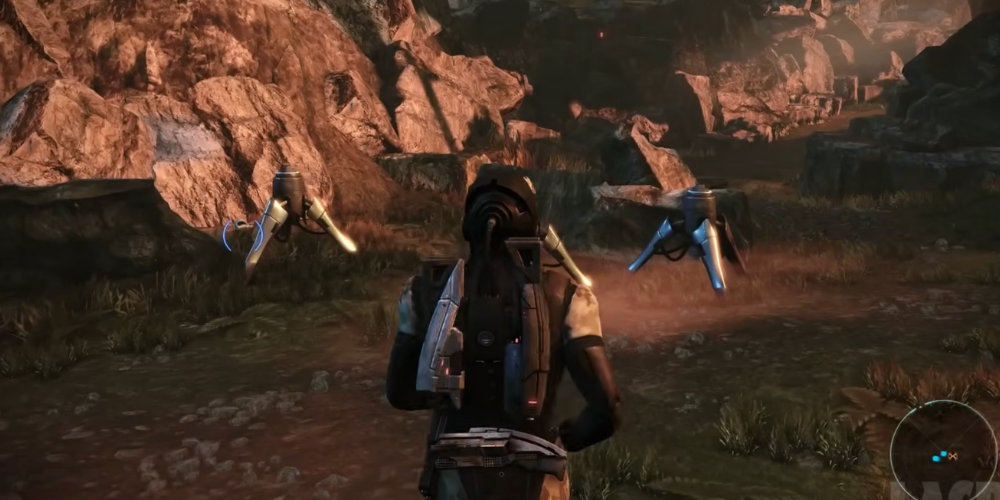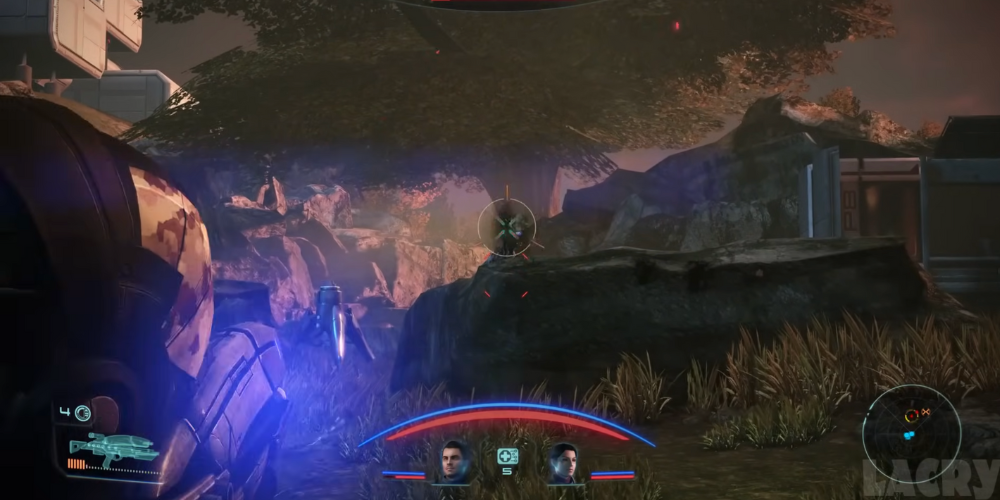Character Deep-Dive in "Mass Effect": The Evolution of Commander Shepard
May-16-2024

Throughout the "Mass Effect" series, Commander Shepard serves not just as a protagonist but as a vessel through which players explore themes of leadership, morality, and human (or alien) connection. From the original game launched in 2007 through its sequels, Shepard's character has been a canvas for players, reflecting their decisions, moral judgments, and personal aspirations. This article delves into how Shepard evolves across the series, with each choice and interaction subtly shaping the character's journey and interpersonal relationships.
The Genesis of Commander Shepard
The initial character development of Commander Shepard begins with player-driven customization, including gender, physical appearance, and a pre-service history that subtly influences gameplay and dialogue. For example, choosing the "Spacer" background indicates Shepard grew up in space, affecting their worldview and interactions. Furthermore, players select a psychological profile (Sole Survivor, War Hero, or Ruthless), which flavors interactions with non-playable characters (NPCs) and opens unique dialogue paths. This foundational stage sets the tone for Shepard's moral and emotional compass.
Shepard's Moral Compass: Paragon vs. Renegade

Across the "Mass Effect" series, players navigate a universe teeming with moral complexities, primarily reflected in the Paragon and Renegade system. Opting for Paragon's choices, Shepard is portrayed as diplomatic, compassionate, and generous, often striving to achieve peace and negotiate rather than resort to aggression. These choices influence not just the immediate situation but ripple throughout the galaxy, affecting everything from political alignments to the morale of the team.
Conversely, the Renegade path presents Shepard as pragmatic, sometimes harsh, and willing to make tough decisions for the greater good. This does not necessarily make Shepard villainous but showcases a leader unafraid to make unpopular decisions to safeguard humanity and its allies. This dichotomy not only crafts a personalized Shepard but also impacts the narrative, with certain paths and endings only accessible based on the player's moral alignment.
Impact of Relationships on Shepard's Evolution

Relationships are central to the "Mass Effect" experience, with each crew member offering unique insights, missions, and potential for personal connection. Shepard's interactions with these characters—ranging from friendship and respect to romance—substantially color the gameplay experience. For instance, nurturing a relationship with Tali'Zorah leads to deeper insights into the Quarian race and their struggles, affecting players' decisions regarding their fate. Similarly, engaging in a romance with Liara T'Soni explores the Asari culture and deepens the emotional stakes of the narrative.
These relationships are not static; they evolve based on Shepard's choices. Decisions that align with a crew member’s values strengthen the relationship, while those in conflict may create tension or distrust. This dynamic significantly affects team cohesion, combat effectiveness, and even which characters survive till the end of the series.
Shepard and the Larger Galactic Community
Commander Shepard's influence extends beyond the Normandy and its crew, resonating throughout the entire galaxy. Choices made by Shepard can lead to pivotal alliances or conflicts with various races, significantly altering the course of events in the universe. For example, how Shepard handles the Krogan Genophage not only determines the fate of an entire species but also shifts the political and military landscape. Sequel games remember these decisions, adapting the storyline to reflect past actions, thus crafting a coherent, evolving narrative across the series.
Legacy and Player Reflection in Mass Effect 3

When players reach "Mass Effect 3," Shepard has become a deeply personalized embodiment of their choices. The game continuously references past decisions, showcasing the lasting impact of Shepard’s actions. This installment forces players to confront the cumulative consequences of their choices on a galactic scale—culminating in the controversial ending that offers different resolutions based on the moral and strategic paths taken throughout the series.
The legacy of Commander Shepard is thus a complex tapestry woven from player decisions, showcasing BioWare's commitment to narrative depth and character development. Regardless of its reception, the ending serves as a conversation starter about the nature of choice and consequence in video games, ultimately leaving a lasting imprint on the player.
In conclusion, Commander Shepard's journey through the "Mass Effect" series is a profound narrative exploration of leadership, ethics, and connectivity. Through player-driven choices and intricate character interactions, the series offers a unique perspective on the weight of one's actions and their ripple effects across a vast, interactive universe. Shepard's evolution is a tale of heroics against impossible odds and a reflection of personal growth and moral grappling that resonates with players long after the credits roll.







